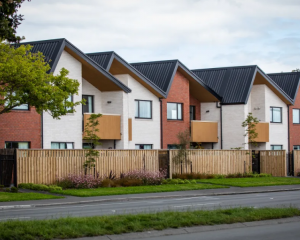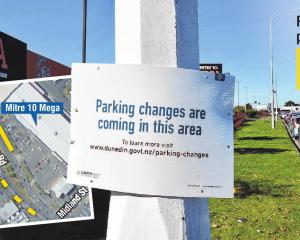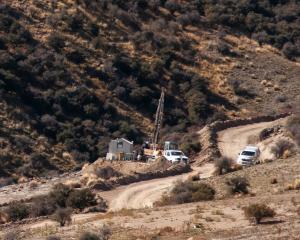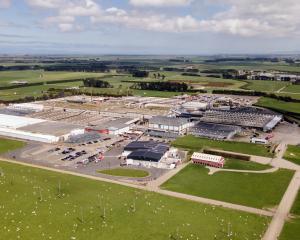
The current rules put in place in 2017 require buildings to be remediated before set dates.
Minister for Building and Construction Chris Penk says owners will now have four extra years to fix their buildings while the review takes place.
Penk said he encouraged owners to use the extension "to continue to make improvements to their buildings, particularly due to the positive impacts that remediation has for insurance and their ability to get tenants".
Nearly 500 deadlines were set to expire over the next four years, he said.
"Councils and building owners have told me that many buildings will not meet their deadlines due to the high costs involved, further complicated by cumbersome heritage rules and ownership structures.
"Without change, a significant number of buildings could sit empty which would have a devastating impact on the economy in cities such as Wellington and provincial towns across New Zealand," he said.
A review into the building code requirements was scheduled for 2027, this will now be brought forward - to start immediately.
"The review will be extensive and consider the appropriate risk settings to protect safety while ensuring the rules are workable to support businesses, increase economic activity and create jobs. The review will also look at the way overseas jurisdictions manage earthquake risk."
The terms of reference would be agreed by Cabinet in May.
Wellington Mayor Tory Whanau said she was glad the minister moved quickly to announce the extension and had met with Penk to share the "astronomical costs" residents, council and business owners were facing to strengthen buildings.
There were 300 Wellington buildings needing to be strengthened by 2027, and about 300 by the early 2030s, she said.
"Without change there was a real risk council would be required to close some buildings with a crippling effect on owners and the city as a whole."
It was an extremely complex issue, she said.
"The closure of earthquake-prone buildings come with significant social and economic costs, resulting in an often unaffordable and unsustainable position for building owners."












